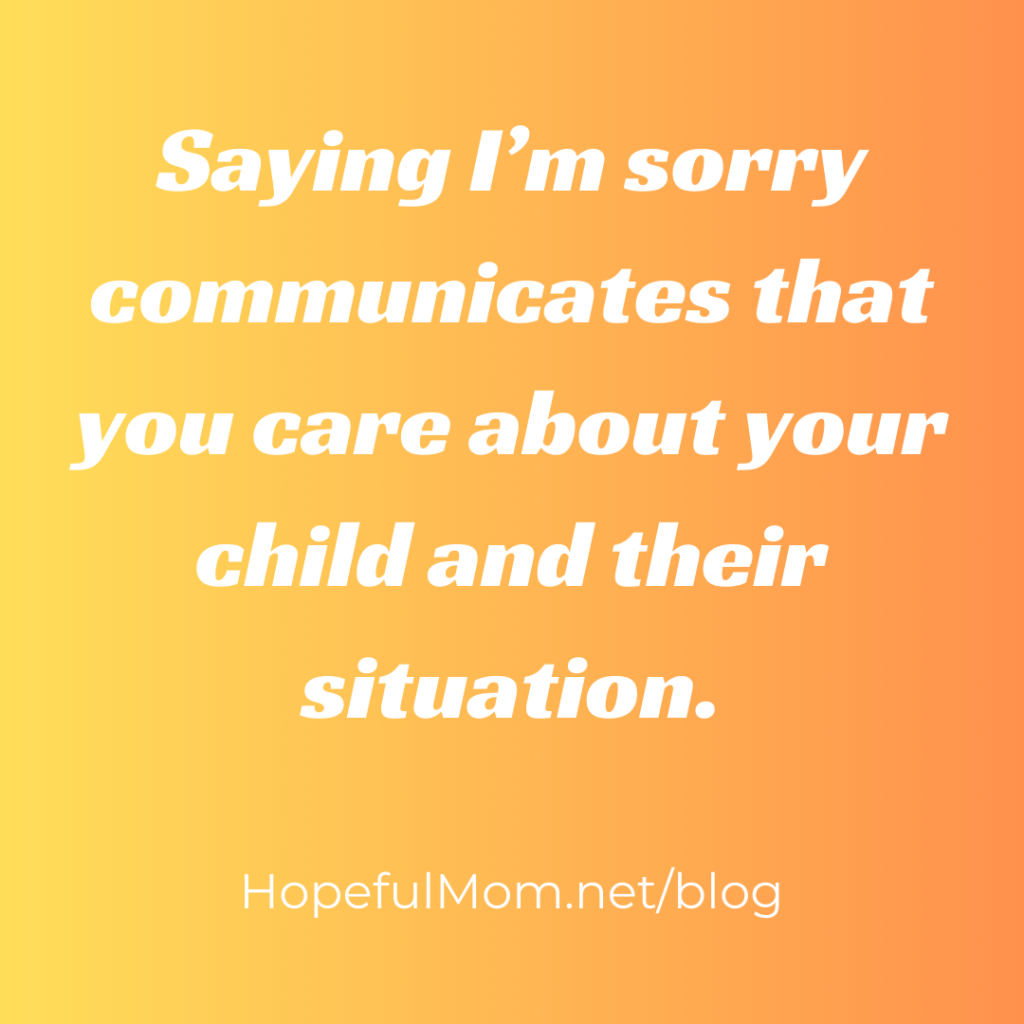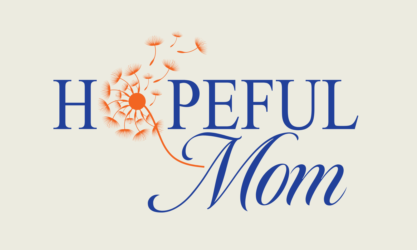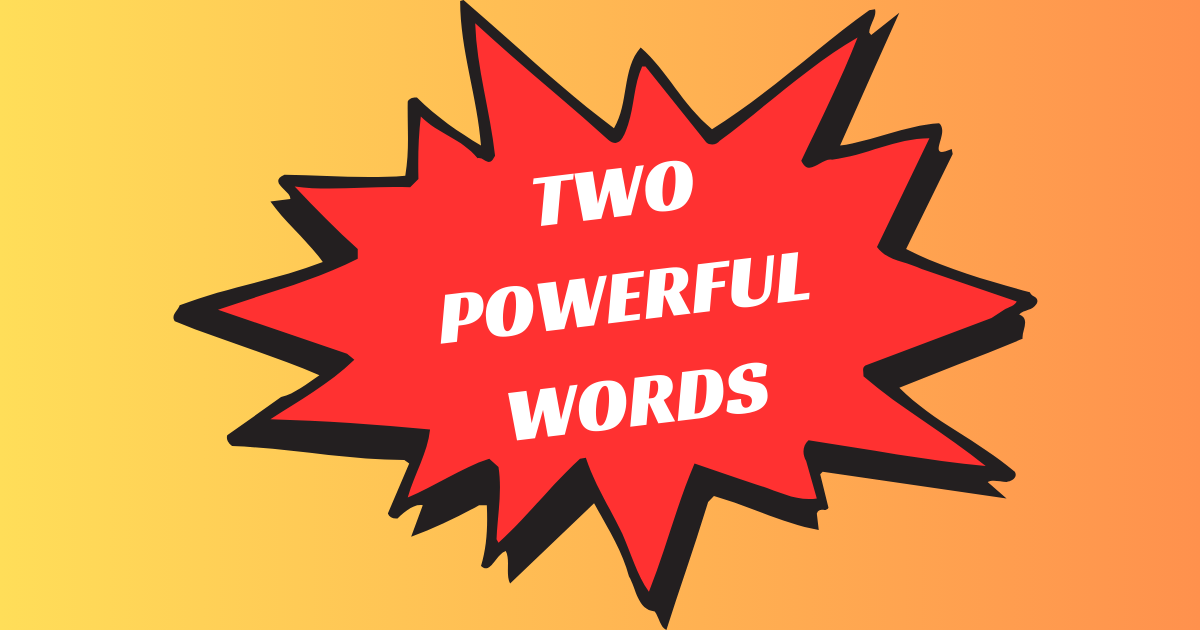“I’m sorry.”
Ten minutes before, my mom mode soared into overdrive. My right eyebrow raised, my hip cocked, and my finger wagged. “I can’t believe you did that. You know better. I’ve told you about the dangers over and over.” I raised my voice and started in on a five-minute lecture.
Then, I stopped. My head bowed and my shoulders fell. I had done it again—allowed my emotions to get the better of me. My temper overrode logic. But, based on experience, I understood that yelling at my teen son over his choices would not solve the problem. He knew my stance on the matter. So, I paused, took a deep breath, and said, “I’m sorry.”
This wasn’t the first time I apologized to one of my children for allowing my anger to get the best of me. And I’m sure it won’t be the last.
I’m not saying my son was right. He crossed a line. Whether it’s taking drugs, gaming all night, sending a nude, or being disrespectful, teens will make imperfect choices.
But we’ve all made choices we aren’t proud of—at their age and now. We’ve been tempted and caved. It’s human nature. We’ve also made poor decisions from lack of knowledge. Remembering our painful choices and understanding that our children are still learning how to reason through their options helps us stay calm when we discover their wrongdoing.
I’m Sorry I Hurt You
But we will slip.
Thankfully, our children forgive. Even when they don’t show it, they want a healthy relationship with us. That means we let go of anger and bitterness, and we say—out loud— “I’m sorry.”
Saying I’m sorry has the following effect:
- It diffuses the situation when we’ve wronged our child, whether it’s using judgmental and angry tones, forgetting to pick them up after school, or some other offense. It decreases the intense emotions and fosters a sense of calm in the atmosphere.
- It communicates to our teens that our relationship is more important than proving we are right. This action reveals that we are on their side and have their back. We care about their wellbeing, inside and out. And when we use these two powerful words, our children feel more comfortable talking with us about their transgressions.
- It models healthy relationship skills. If we apologize to our children after hurting them, they are more inclined to apologize after hurting someone else. Recognizing and admitting wrongdoing is an important life skill that will serve them well now and in the future. Again, we all stumble. A strong person admits when they’ve fallen short and offended another person.

I’m Sorry You’re Going Through That
There’s another scenario in which these two powerful words are beneficial.
My daughter approached me. “Mom, my friend and I aren’t getting along. There have been some misunderstandings, and I’m not sure the friendship will last. I’m pretty upset about it.”
“I’m sorry you’re going through that. It must be difficult.” I couldn’t solve her friendship problems, but I could listen with an empathetic ear and offer a few suggestions.
Saying I'm sorry to our children, whether we've hurt them or they need compassion, has a powerful effect on the relationship. Two Powerful Words #healthyrelationships Share on XSaying I’m sorry when your teen is dealing with a hard situation tells them you care. When you can’t resolve the problem but want to be available emotionally, start by saying, “Thanks for sharing. I’m sorry you’re going through that.” Follow up with another statement like, “That sounds hard,” or “Is there anything I can do to help?” Maybe offer a hug. Then sit with them, give them your attention, and listen. These words may be the start of an in-depth conversation in which you learn more about your child and their trials and triumphs.
Apologizing can be awkward at first, especially if it doesn’t come naturally to you. But it becomes easier over time. These connecting words and interactions benefit you and your relationships. I hope you try it.
Thanks for reading! Share, like, and subscribe below. Connect on Facebook and Instagram.
About the author
Barb Winters is the author of Sexpectations: Helping the Next Generation Navigate Healthy Relationships and founder of Hopeful Mom. She’s a certified mental health coach and offers one-on-one consultations for parents. For more about Barb, click "About" in the menu.



